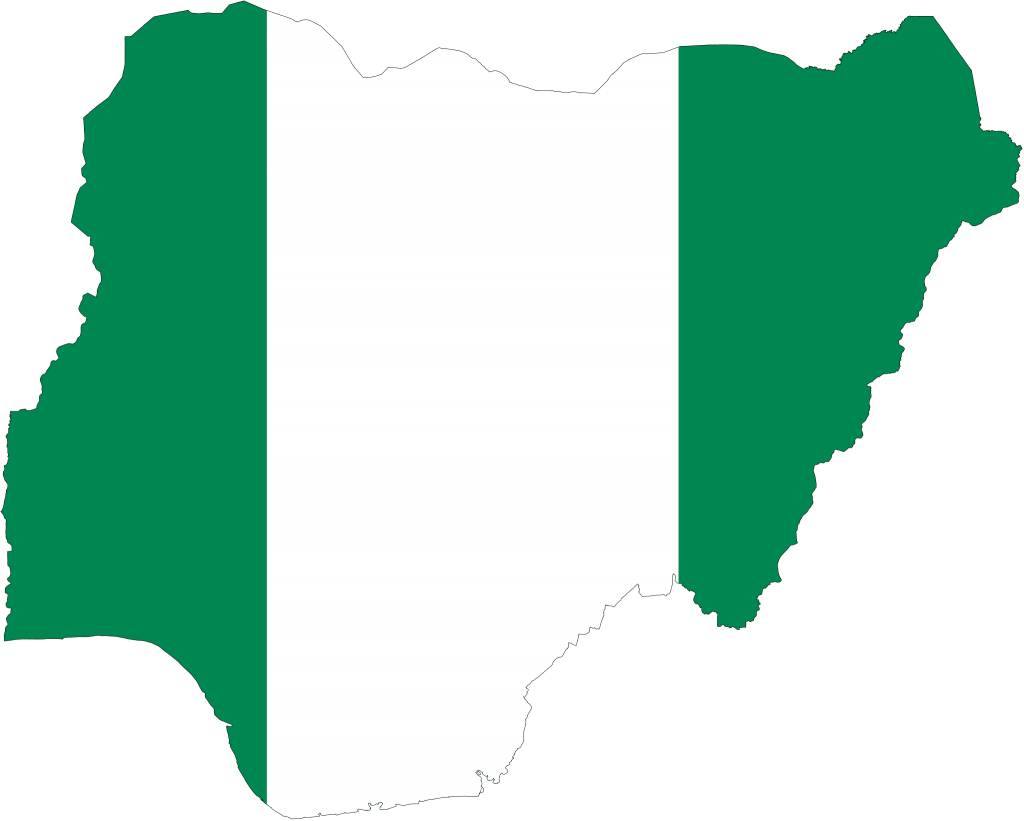Around a hundred parties will present candidates for the various positions during the Nigerian general elections, scheduled for February, although the date is now in doubt.
In the last ccut of the Independent Electoral Commission (IEC) there are 91 registered groups complying with the established requirements of the total of 144 that requested registration, the rest of which were unable to pass the screening.
This will be the last round of certifications for the February 16, 2019 elections, noted a statement from the IEC, and issued a few hours after the Legislature postponed the budget debate requested by the Nigerian President, Muhammadu Buhari, to finance the expenses of the electoral consultation.
Submitted a month ago, the proposal allocates the IEC 229 billion naira (about 633 million dollars) from this year’s budget and an additional item of 164 billion naira from next year, according to official specifications.
The Legislature argued that it lacks the documents required to carry out the debate, in addition to the absence of several deputies who decided to make the pilgrimage (hajj) to Mecca, one of the Muslims’ duties.
Buhari presented his candidacy despite of a constant fire of criticisms for the persistence of the attacks by Boko Haram armed group, to which he promised to eliminate; the conflict between Fulani herders and farmers in the center of the country; an insurgency in the Niger delta (south) and the omnipresent administrative corruption.
The president, 75 years old also faces versions about his health condition due to constant trips to London to attend a condition whose nature has never been revealed.
Daily Independent




